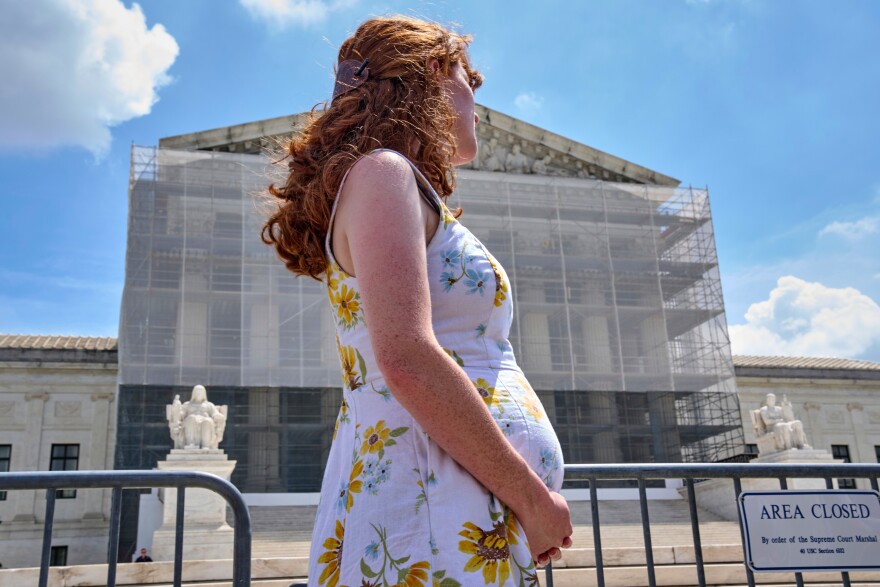Donald Trump signed 26 Executive Orders on the first day of his second term, including one titled, "Protecting the Meaning and Value of American Citizenship." It takes aim at the concept of “birthright citizenship” which is the principle that anyone born in the United States, with a few exceptions including children of foreign diplomats, is a U.S. citizen.
The concept of birthright citizenship dates to English Common Law, and it was codified in 1868 by the ratification of the 14th Amendment to the U.S. Constitution, and was upheld in 1898 in a Supreme Court ruling called United States v. Wong Kim Ark, and it was further strengthened in 1940 when Congress passed the Nationality Act.
President Trump’s Executive Order claims “The 14th Amendment has never been interpreted to extend citizenship universally to everyone born within the United States,” and says that only children born of at least one citizen parent will be a U.S. citizen.
The order was immediately challenged in three cases which wound up at the U.S. Supreme Court, but instead of ruling on the constitutionality of the Executive Order, the case became about whether universal injunctions from lower courts (as judges had instituted as these cases worked their way toward the Supreme Court) were even allowed. It’s all quite confusing, and the constitutionality of President Trump’s executive order is still being litigated and will likely wind up before the highest court again.
So, to get some clarity and context we talk with two immigration attorneys, one with the ACLU which is part of some of these birthright citizenship cases, and the other who has worked on immigration law for nearly 50 years.
Guests:
Hannah Steinberg is Staff Attorney with the ACLU Immigrants’ Rights Project.
Ira Kurzban is a founding partner at Kurzban, Kurzban, Tetzeli & Pratt P.A. in Coral Gables and he is author of “Kurzban’s Immigration Law Sourcebook” which is considered the definitive book on U.S. immigration law.
Mr. Kurzban and Ms. Steinberg will be panelists in an online event happening on Wednesday, July 23rd at 6:30pm called “Who is an American? Birthright Citizenship on the Brink.” It will cover how birthright citizenship works, why it matters, and what legal challenges could mean for American families and communities. It’s presented by the nonpartisan nonprofit Floridians for Democracy and will be moderated by WGCU's Mike Kiniry. Click here to learn more.
WGCU is your trusted source for news and information in Southwest Florida. We are a nonprofit public service, and your support is more critical than ever. Keep public media strong and donate now. Thank you.



